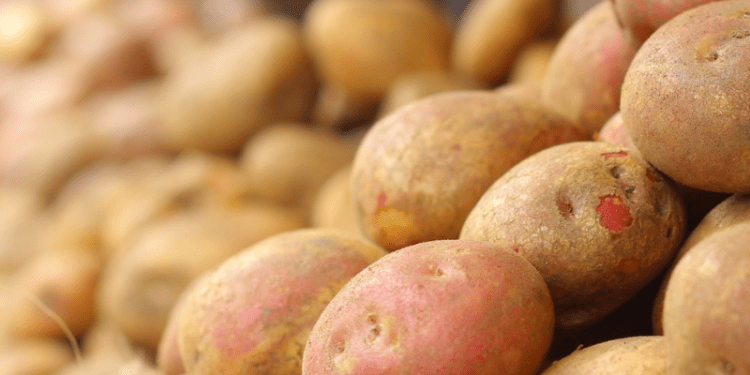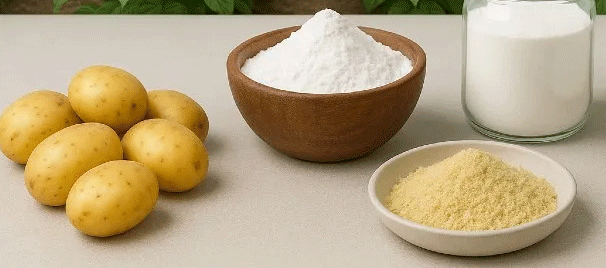A Deep Dive into the EU’s Leading Potato Producers and Industry Trends
Despite facing a slight decline in production, the European Union’s potato industry remains a formidable force in global agriculture. Key potato-producing nations such as Germany, France, and the Netherlands continue to drive the sector with robust performance and strategic adaptations to changing market conditions.
In 2024, the European potato sector saw a reduction in overall production volumes, but this did not deter leading producers from maintaining their stronghold in the industry. Germany, for instance, remains one of the largest potato-producing countries within the EU. Its advanced agricultural infrastructure, paired with favorable climatic conditions, has allowed Germany to consistently produce high-quality potatoes, despite occasional dips in yield.
France follows closely, contributing significantly to both domestic and international markets. France’s potato exports have steadily increased, particularly benefiting from trade relationships with the United Kingdom post-Brexit. The country has also invested in modernizing its potato processing facilities, ensuring that its products meet the growing demands of the global food industry.
The Netherlands, known for its high-efficiency farming practices and export-oriented agriculture, plays a crucial role in the EU potato trade. Dutch potato producers have continued to innovate, particularly in the area of sustainable farming practices. This has allowed the Netherlands to maintain its competitive edge in the international market, supplying high-quality seed potatoes and processed products to a wide range of countries.
However, the European potato industry is not without its challenges. Climate change, fluctuating market demands, and labor shortages have placed pressure on producers. Additionally, the sector must navigate stricter regulations on pesticide usage and sustainability measures, which require further investment in eco-friendly farming technologies and practices.
As the potato sector adapts to these challenges, industry stakeholders, including farmers, agronomists, and processors, are exploring new opportunities in biotechnology, automation, and market diversification. These innovations are helping the EU remain a leader in the global potato industry.
For the future, the resilience of the EU potato sector will depend on its ability to integrate sustainable practices and innovate within the framework of an increasingly competitive global market. Continued collaboration between producers, researchers, and policymakers will be essential to maintaining the strength and growth of this vital industry.







